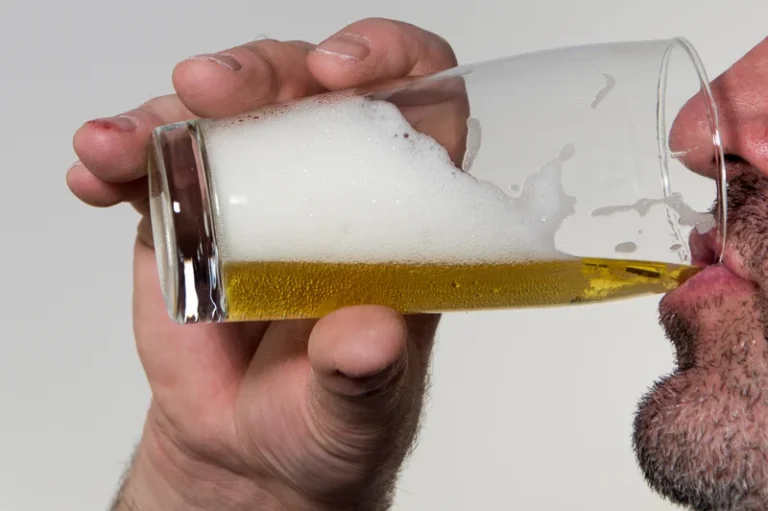
Compared to people without a drinking problem, men and women who sought treatment for alcohol addiction had a higher prevalence of childhood trauma, research finds. Furthermore, the greater the abuse or neglect experienced, the more severe their drinking problem was. Therapy can help people who suffered as a child to address those challenges and develop healthier coping skills.
Lifestyle Changes
In addition, alcohol permanently alters the brain’s plasticity with regard to free choice over beginning or stopping drinking episodes. As with other medical diseases but unlike most bad habits, prospective studies demonstrate that willpower per se is of little predictive significance. Thus, although the frequency of alcohol-related problems is highest among men aged 18–30, the development of chronic alcohol dependence for both men and women is most common from ages 25 to 50. Put differently, the process of becoming a chronic alcoholic with loss of control over initiation and cessation of drinking often takes several years. Studies of twins and adoptees have confirmed the common belief that alcoholism can be inherited.
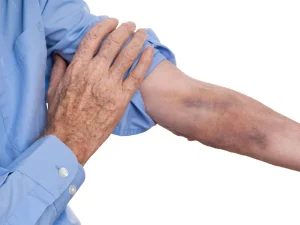
Treating alcohol use disorder
- As larger samples areassembled and more variants analyzed, a much fuller picture of the many genesand pathways that impact risk will be discovered.
- This is significantly higher than the 45% of people who drink alcohol and have an annual household income of less than $30,000.
- Research has shown that the two genes ADH1B and ALDH2, which control alcohol metabolism, are key factors in developing alcoholism along with several others.
- By understanding the psychological triggers, such as mental health conditions and coping mechanisms, individuals can seek the appropriate support and interventions to address the root causes of their alcohol use.
- As a result, a female’s blood alcohol concentration tends to be higher, making it more likely for females to experience headaches and hangovers.
Behavioral treatments—also known as alcohol counseling, or talk therapy, and provided by licensed therapists—are aimed at changing drinking behavior. Despite the prevalence of alcohol consumption, there’s no one-size-fits-all explanation for why some people who drink develop why do people become alcoholics an addiction and others don’t. There is no single, easy reason why certain people are afflicted by alcoholism.
Sensitivity to specific ingredients in alcohol
See your doctor if you begin to engage in behaviors that are signs of alcohol use disorder or if you think that you may have a problem with alcohol. You should also consider attending a local AA meeting or participating in a self-help program such as Women for Sobriety. You may need to seek treatment at an inpatient facility if your addiction to alcohol is severe. These facilities will provide you with 24-hour care as you withdraw from alcohol and recover from your addiction. Once you’re well enough to leave, you’ll need to continue to receive treatment on an outpatient basis.
- We also examine the types of headache alcohol can trigger and the types of alcohol likely to cause more headaches.
- Two significant behavioral triggers are using alcohol as a crutch and falling into habitual drinking patterns.
- Simply being around family members who drink frequently can cause you to start doing the same.
- Alcoholism is a treatable disease, with many treatment programs and approaches available to support alcoholics who have decided to get help.
- In some people, the initial reaction may feel like an increase in energy.
- Genetic, psychological, social and environmental factors can impact how drinking alcohol affects your body and behavior.
Alcohol use disorder is diagnosed on the basis of criteria defined in the fifth edition of the Diagnostic and Statistical Manual of Mental Disorders (DSM-5). The DSM is a guide that describes and classifies mental disorders, published and updated regularly by the American Psychiatric Association and used as a tool by medical professionals. There are some negative situations in life that you can’t prevent, like having a dysfunctional family, being emotionally or sexually abused by a family member, or growing up with a relative who had alcoholism. However, you can control how you react to these situations, and there is help if you seek it. Finding a healthier way to manage your stress is key to avoiding dependence. The earlier you start to drink, the more likely you are to develop a dependence on alcohol, especially if you’re under 15 years old.
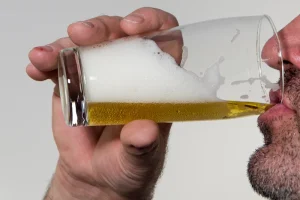
How Is Alcohol Use Disorder Diagnosed?
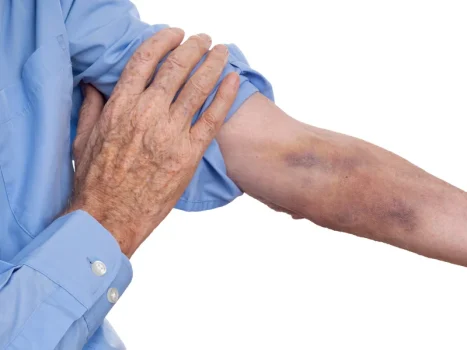
Simply having a risk factor does not ensure that a person will develop the condition. Many people have significant risk factors for diseases or disorders and never develop them. While a number of risk factors can increase the chance that you’ll develop an alcohol addiction, no single factor alone causes alcoholism. Rather, alcoholism is a disease resulting from the interaction of many different factors related to your genes and upbringing. The important thing to remember is that no matter what factors caused a person’s drinking problem, alcohol recovery is possible and help is available.
Slips can be fueled by withdrawal symptoms, mental health challenges, and drug-related cues, such as spending time with old drinking partners or visiting old drinking locations. If the drinking world is conceptualized as a spectrum, normal social drinking is one on end (a few drinks per month, almost always in a social context) and alcohol use disorder is on the other end. But there’s a large gray area alcohol rehab in the middle, in which drinking can cause problems for someone’s health, job, or loved ones, but not to a clinical extent.
Genetics of alcohol-associated diseases
Abundant evidence indicates thatalcoholism is a complex genetic disease, with variations in a large number ofgenes affecting risk. Some of these genes have been identified, including twogenes of alcohol metabolism, ADH1B and ALDH2,that have the strongest known affects on risk for alcoholism. Studies arerevealing other genes in which variants impact risk for alcoholism or relatedtraits, including GABRA2, CHRM2,KCNJ6, and AUTS2. As larger samples areassembled and more variants analyzed, a much fuller picture of the many genesand pathways that impact risk will be discovered. Understanding the genetic predisposition to alcoholism can help individuals and healthcare professionals identify those who may be at a higher risk and implement preventative measures or targeted interventions. Clinicians call such a behavioral disorder a disease because it persists for years, is strongly hereditary, and is a major cause of death and disability.
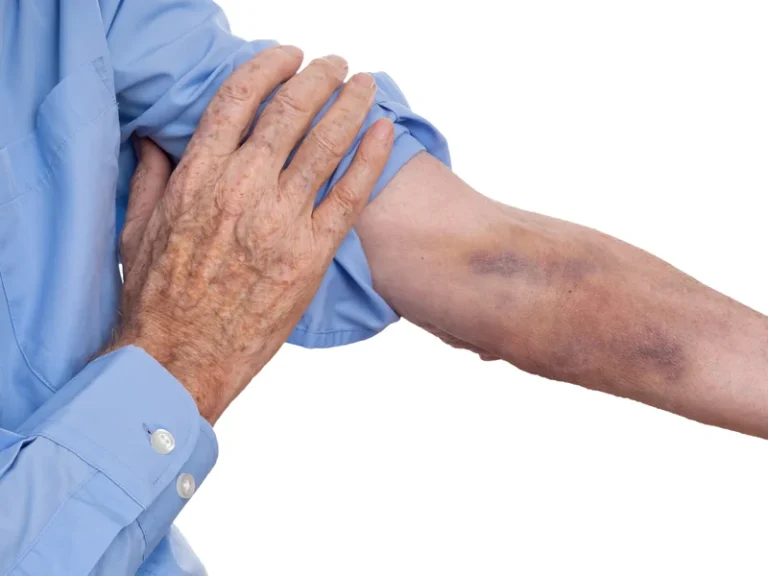
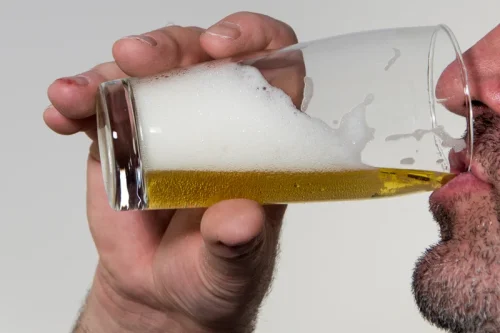
Many of these ads show drinking as an acceptable, fun and relaxing pastime. In just four decades – between 1971 and 2011 – alcohol advertising in the United States increased by more than 400%. Alcoholism is a disease that does not discriminate and can impact anyone – regardless of age, gender, ethnicity, body type or personal beliefs. Everyday Health follows strict sourcing guidelines to ensure the accuracy of its content, outlined in our editorial policy. We use only trustworthy sources, including peer-reviewed studies, board-certified medical experts, patients with lived experience, and information from top institutions. As mentioned above, the DSM-5 says an AUD diagnosis requires at least 2 of the 11 symptoms of alcoholism listed above to have occurred within the previous 12 months.
- The harm may be physical or mental; it may also be social, legal, or economic.
- You’re more likely to develop an addiction if a parent or relative has dealt with alcohol use disorder.
- Alcohol use disorder (sometimes called alcoholism) is a common medical condition.
What to know about headaches after alcohol
Therapy can also help you sort out your feelings and assist you in steering your life in =https://ecosoberhouse.com/ a positive direction. Mixing prescription drugs with alcohol is a common practice among individuals struggling with substance use disorder. Alcohol can mess with medication and people can become addicted to the pleasurable effects caused by drinking and prescription drugs. A history of alcoholism among your relatives is both a biological and genetic factor, but it can also be environmental. Alcoholism doesn’t necessarily have to run in your family for you to become addicted.


